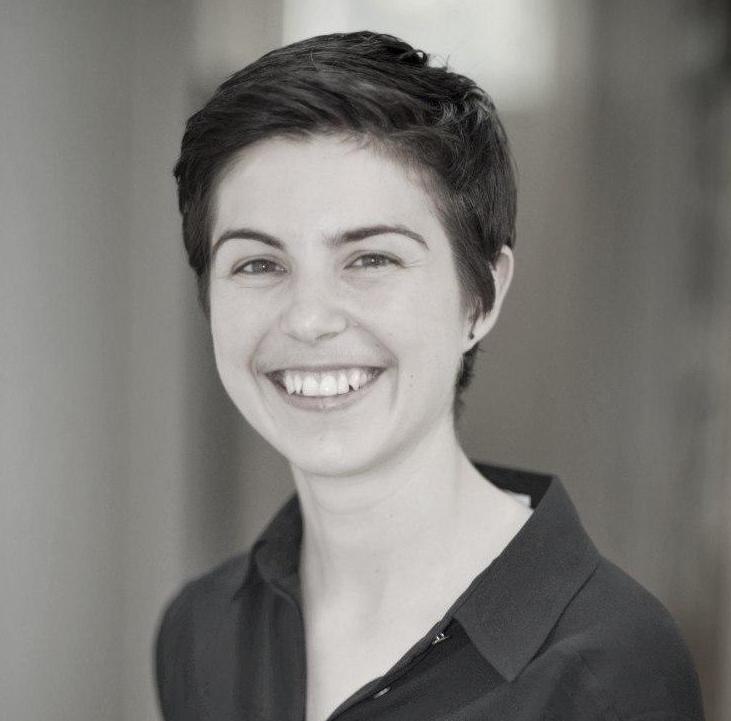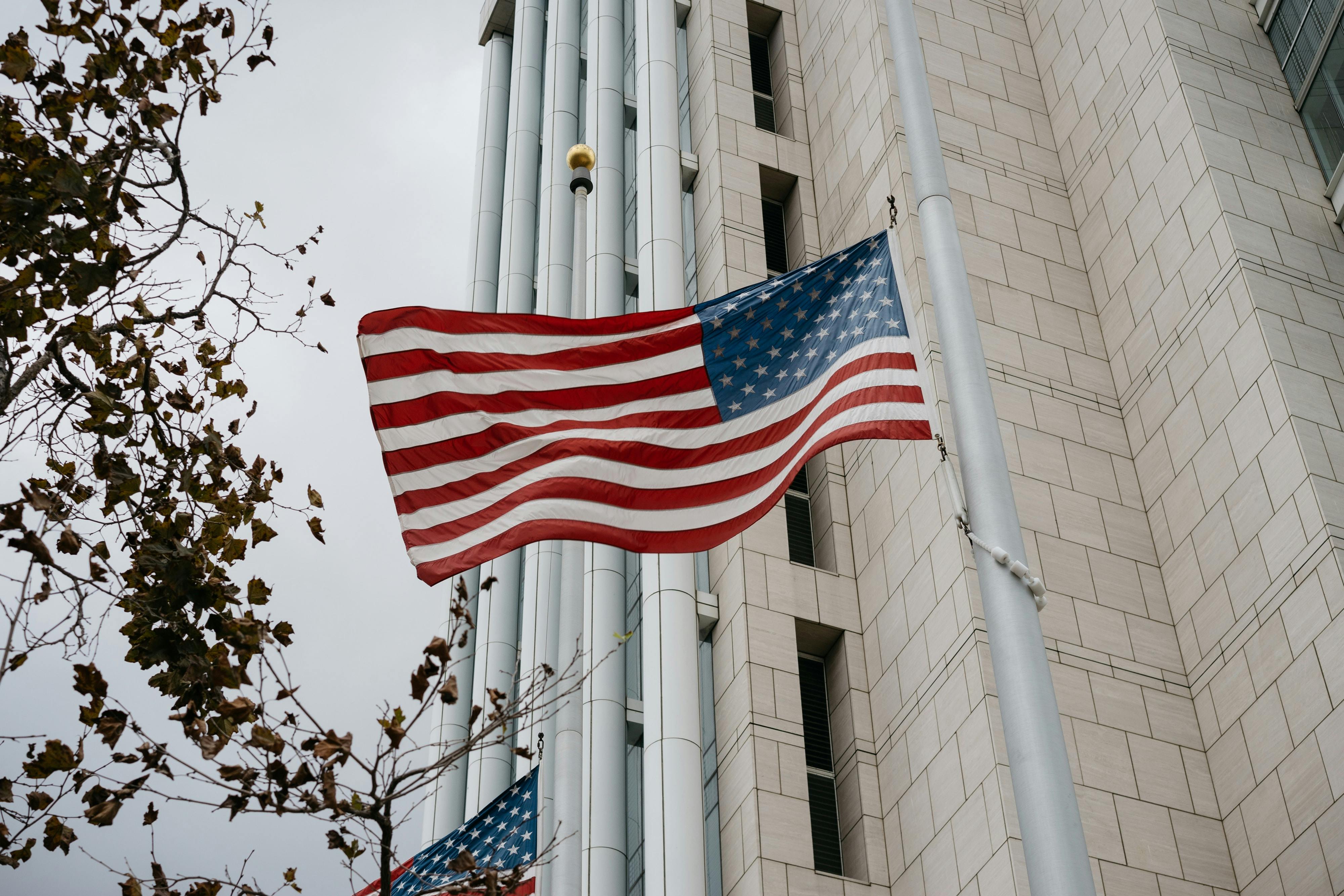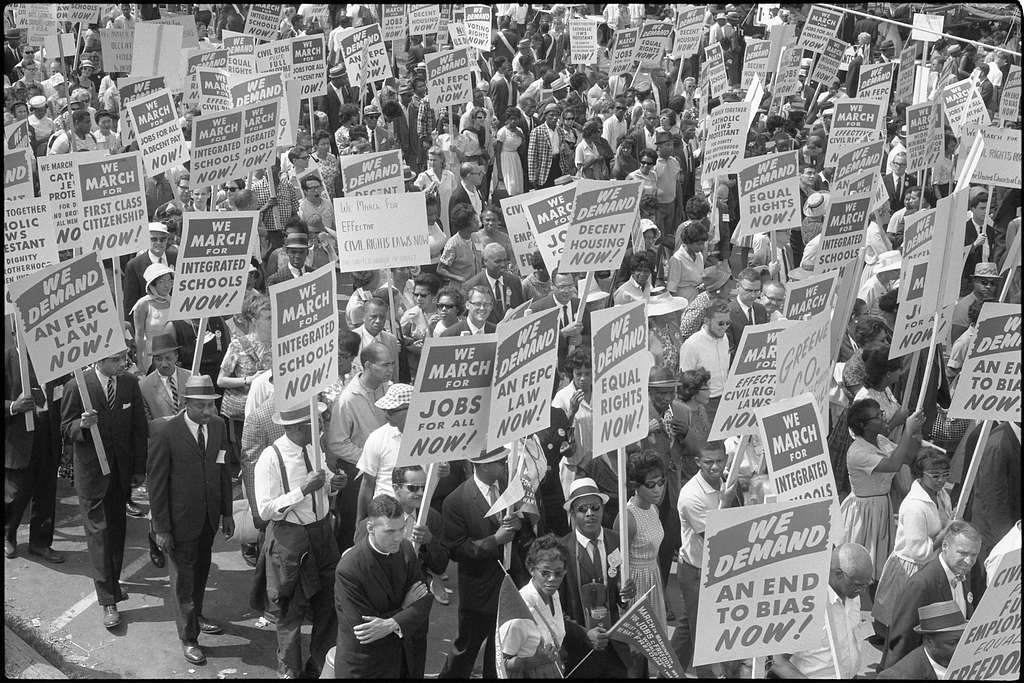The Lawfare Podcast: Defamation, Disinformation, and the Depp-Heard Trial
If you loaded up the internet or turned on the television somewhere in the United States over the last two months, it’s been impossible to avoid news coverage of the defamation trial of actors Johnny Depp and Amber Heard—both of whom sued each other over a dispute relating to allegations by Heard of domestic abuse by Depp. In early June, a Virginia jury found that both had defamed the other. The litigation has received a great deal of coverage for what it might say about the fate of the Me Too movement—but the flood of falsehoods online around the trial raises questions about how useful defamation law can really be in countering lies.
This week on Arbiters of Truth, our series on the online information ecosystem, Evelyn Douek and Quinta Jurecic spoke with RonNell Andersen Jones, the Lee E. Teitelbaum Professor of Law at the University of Utah College of Law and an expert on the First Amendment and the interaction between the press and the courts. Along with Lyrissa Lidsky, she’s written about defamation law, disinformation, and the Depp-Heard litigation. They talked about why some commentators think defamation could be a useful route to counter falsehoods, why RonNell thinks the celebrity litigation undercuts that argument, and the few cases in which claims of libel or slander really could have an impact in limiting the spread of lies.







.jpg?sfvrsn=407c2736_6)
